Parker 51
-
Forum Statistics
352.3k
Total Topics4.6m
Total Posts -
Member Statistics
125,541
Total Members2,522
Most OnlineNewest Member
Kathijah
Joined -
Images
-
Albums
-
j1tters
- By 2ouvenir,
- 0
- 1
- 25
-
Uploads
- By hari317,
- 0
- 0
- 17
-
Image for posting by Number99-Ⅱ
- By Number99,
- 0
- 0
- 34
-
gweimer1 gallery
- By gweimer1,
- 0
- 0
- 3
-
GlenV2
- By GlenV,
- 0
- 1
- 26
-

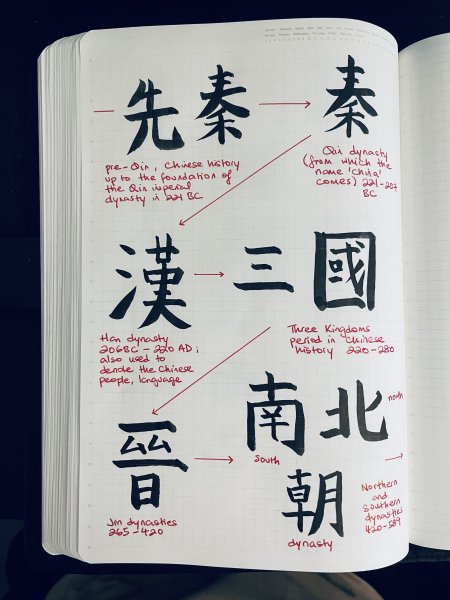
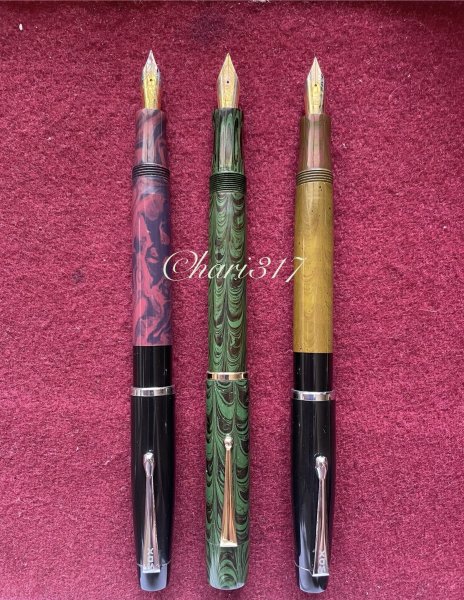
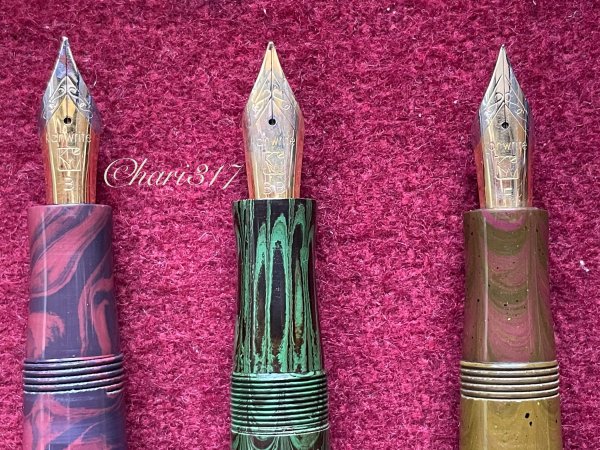
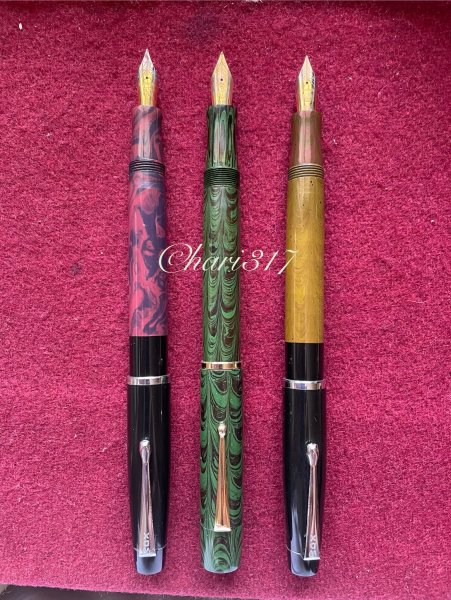
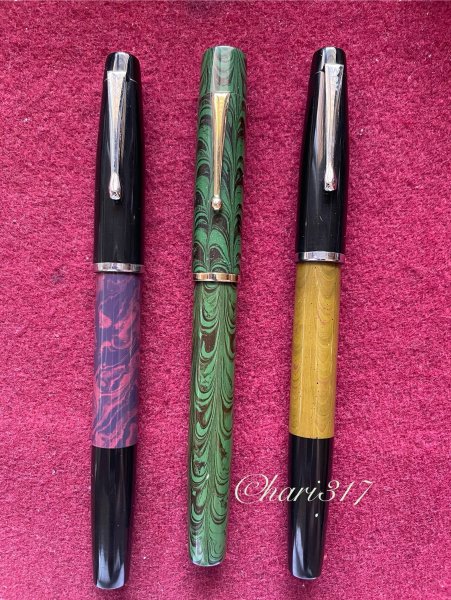
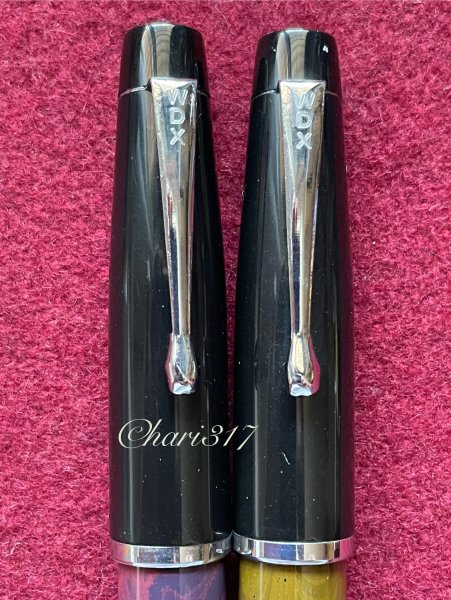
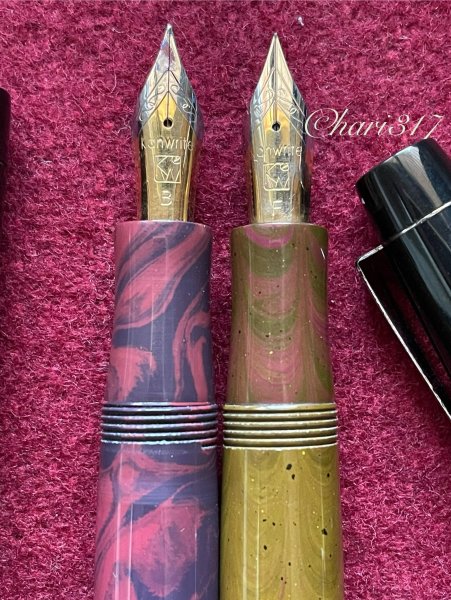
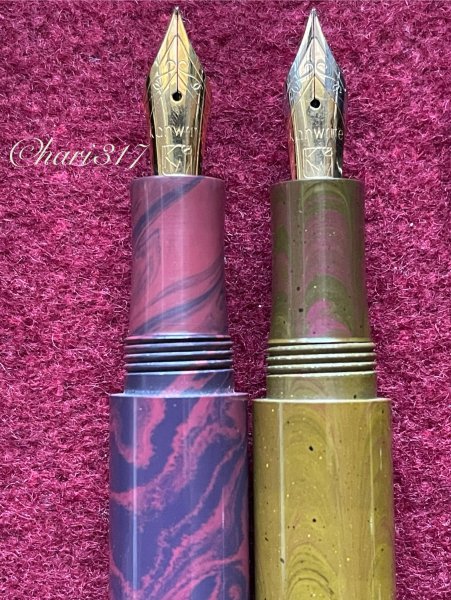
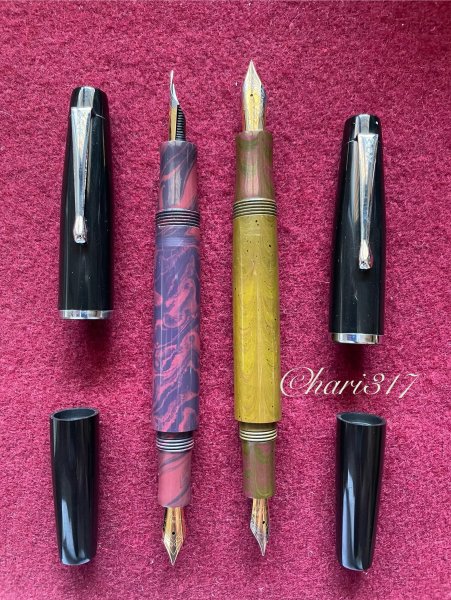
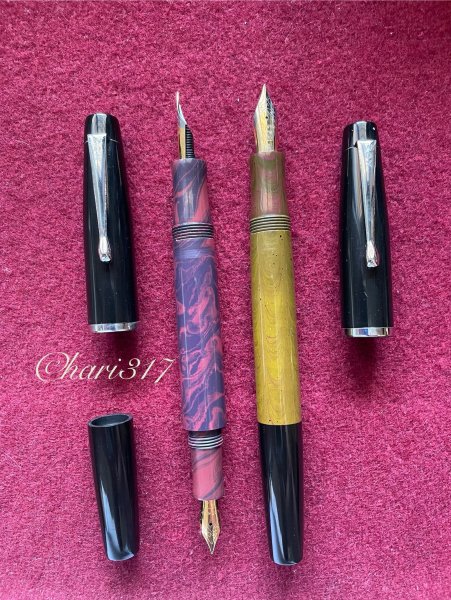
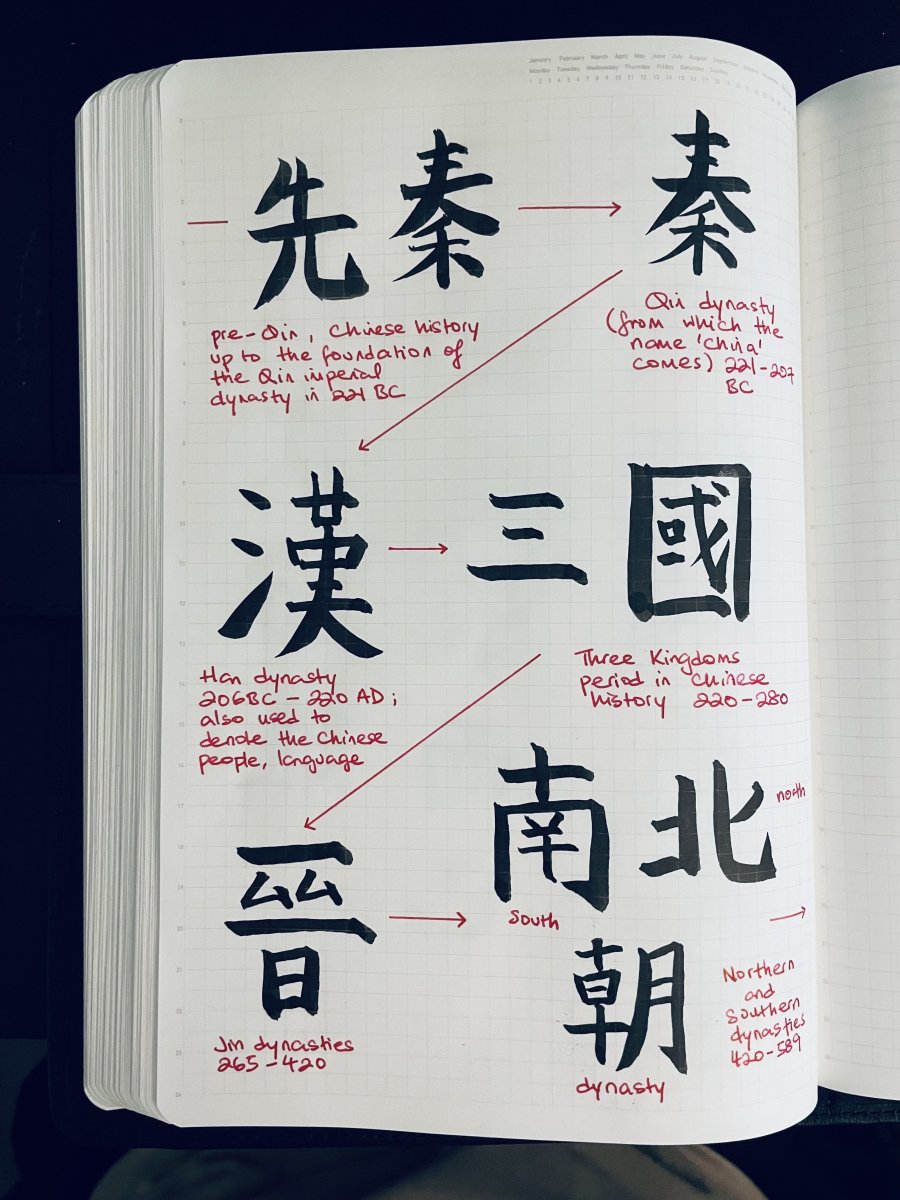
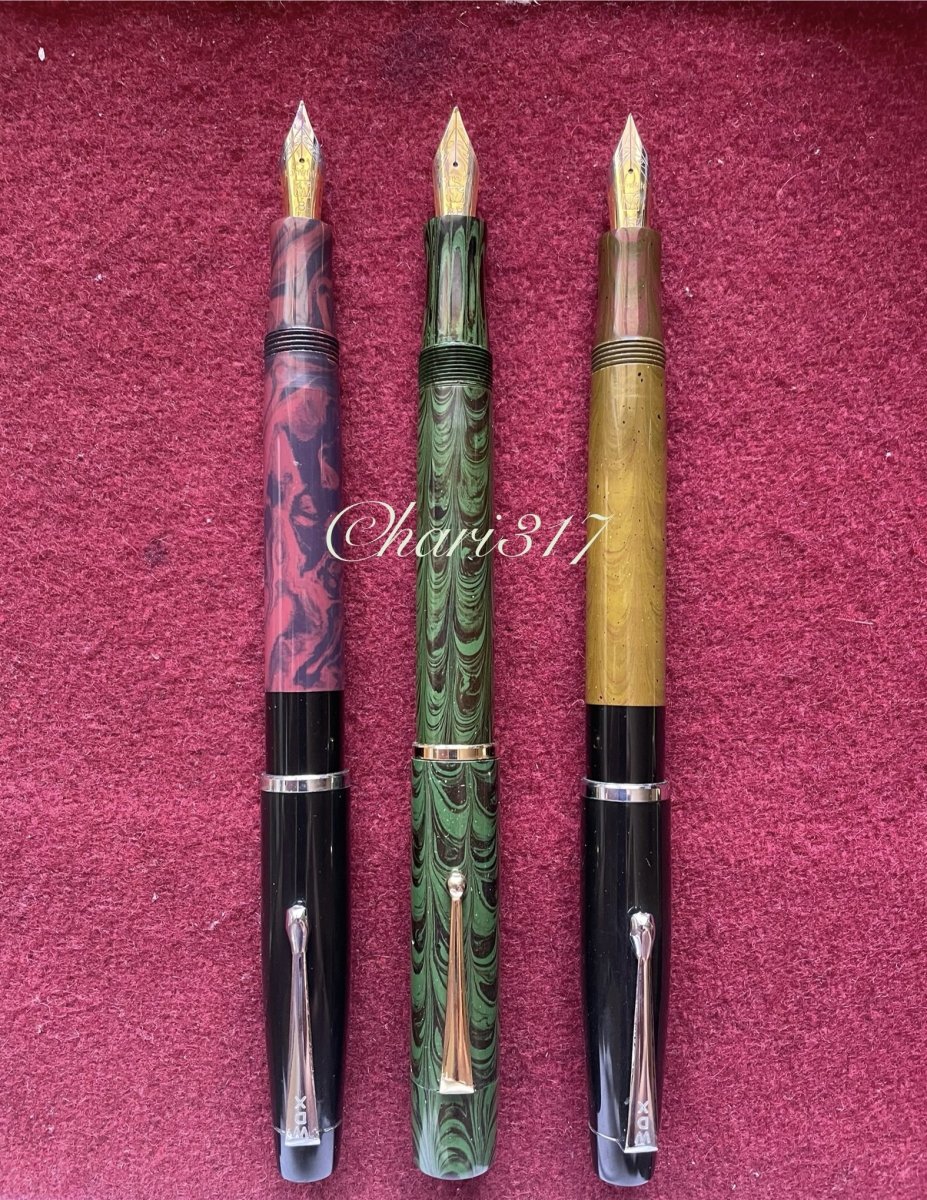
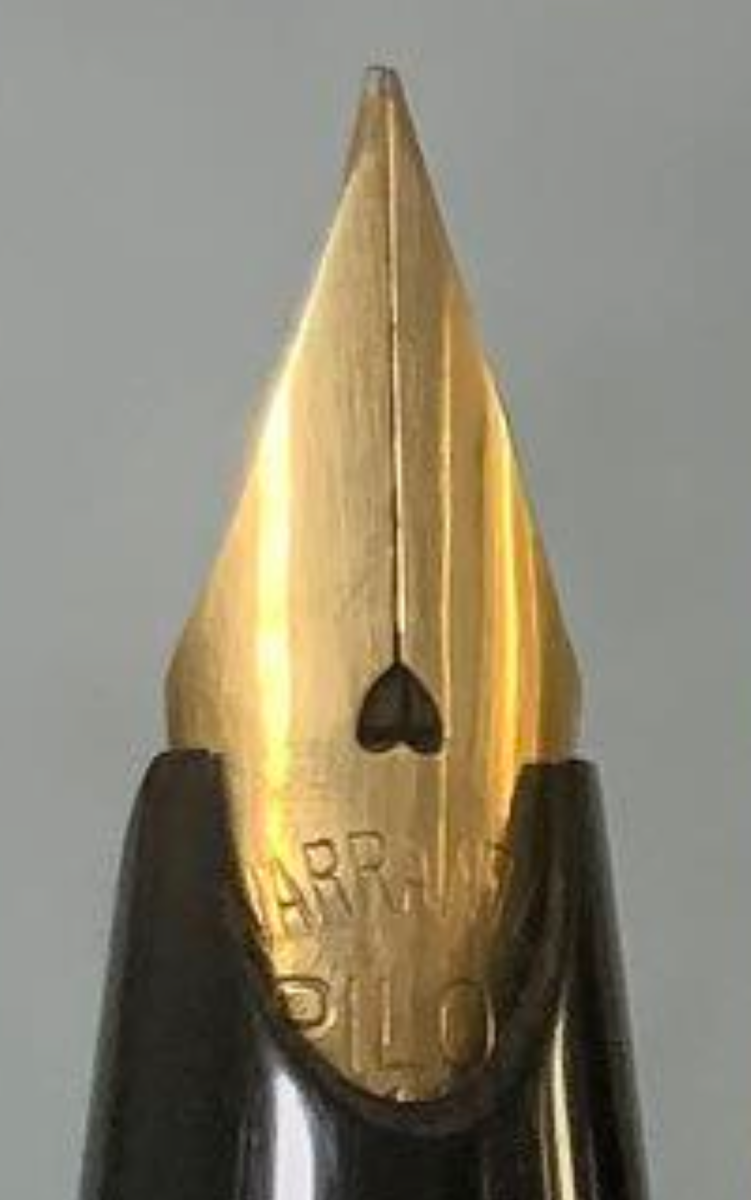
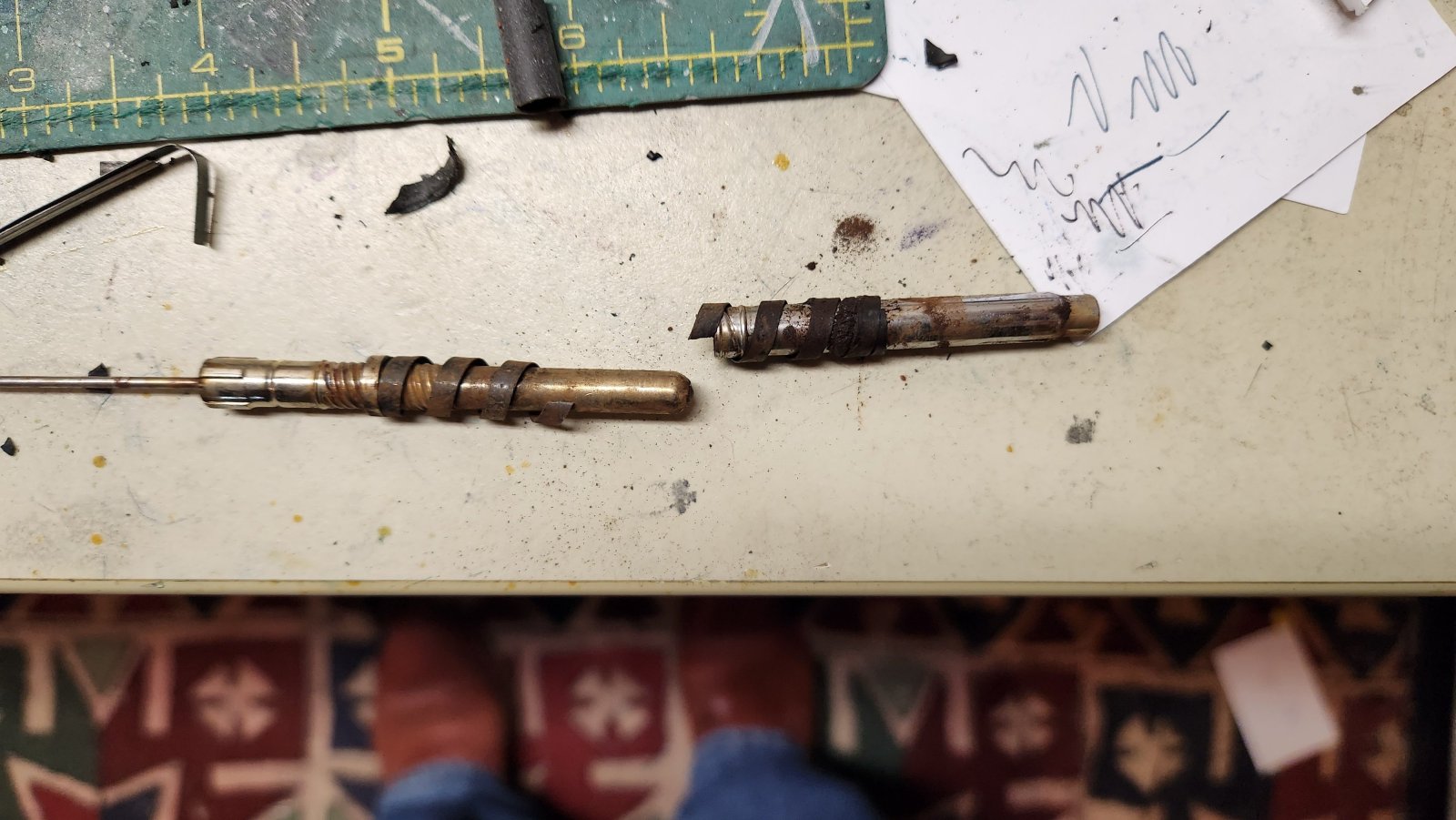
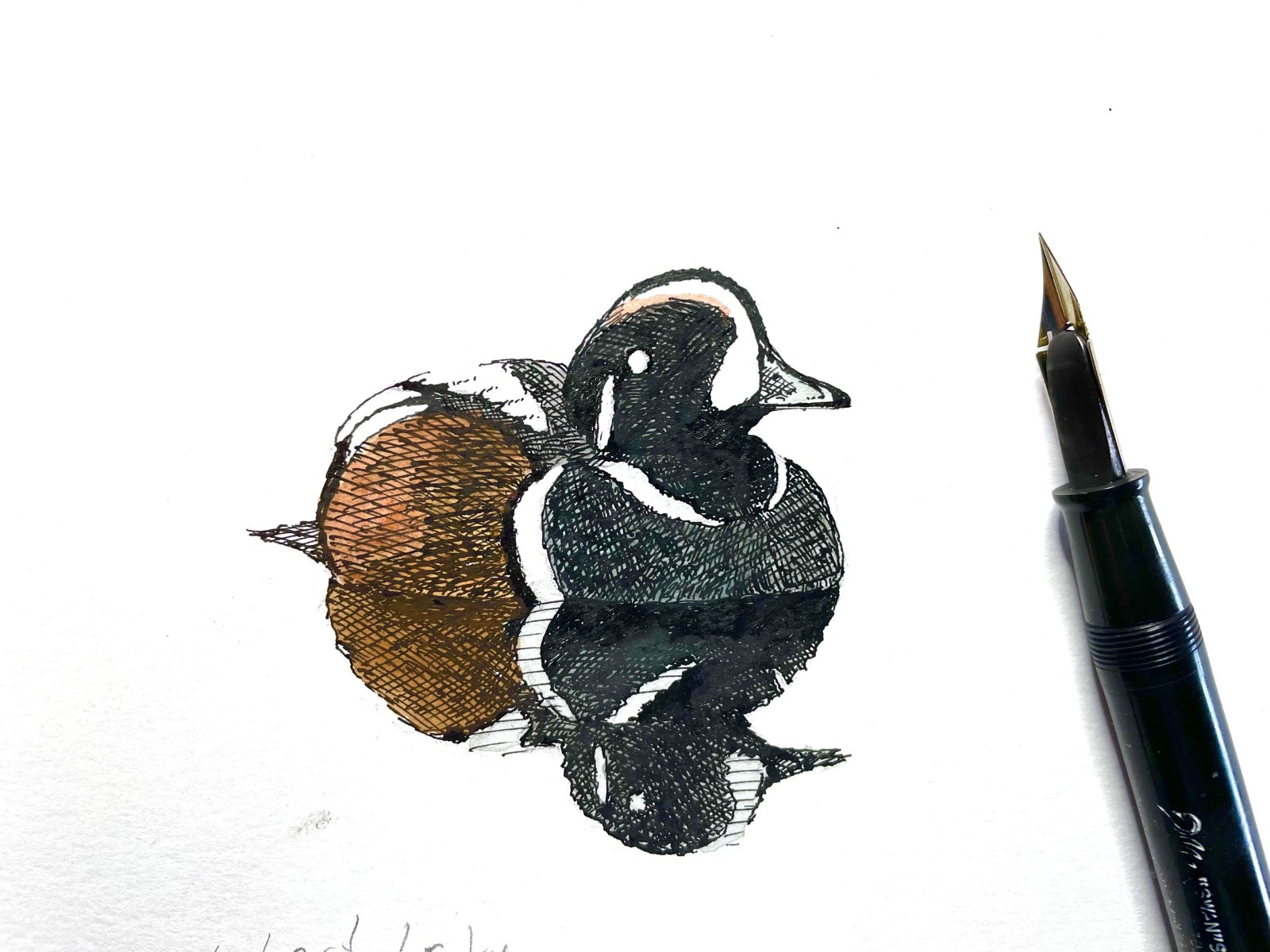

.thumb.jpg.f07fa8de82f3c2bce9737ae64fbca314.jpg)




desaturated.thumb.gif.5cb70ef1e977aa313d11eea3616aba7d.gif)





Recommended Posts